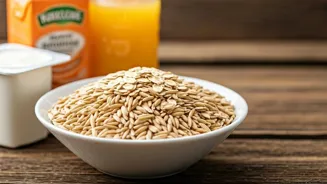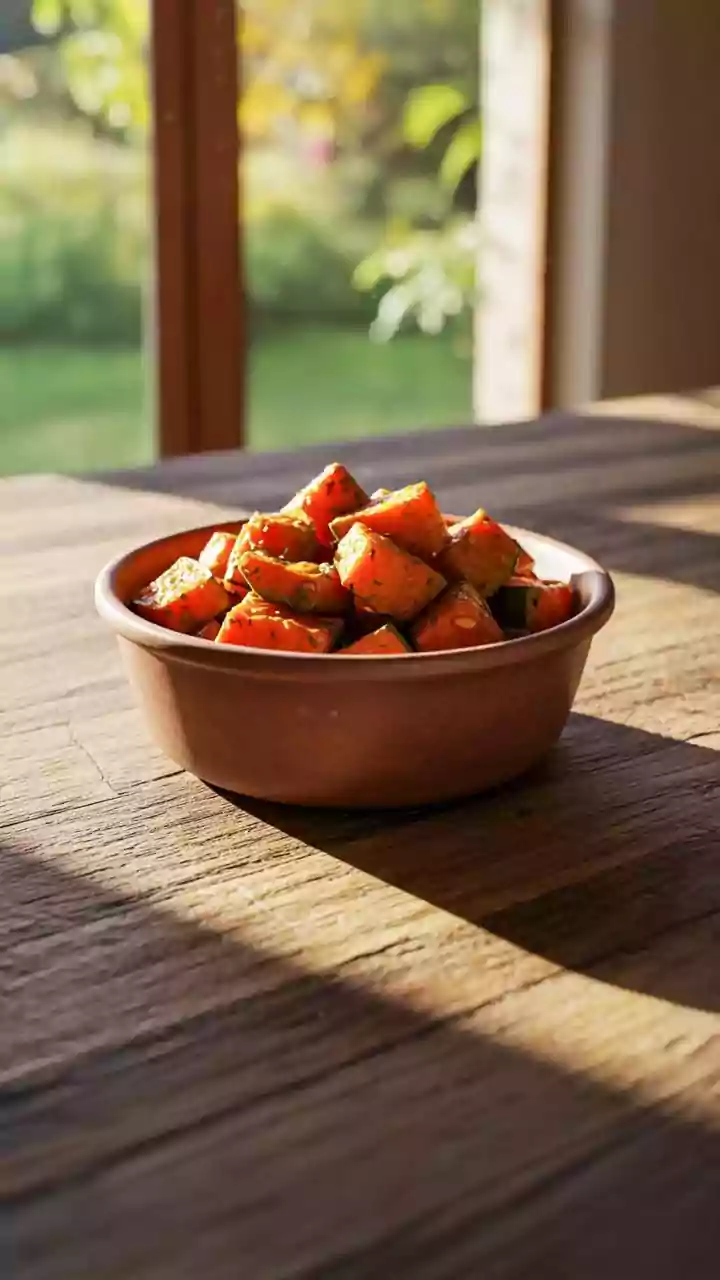Understanding High Cholesterol
High cholesterol is a frequent health concern that needs to be carefully addressed. It’s essential to understand what causes it and its effect on your
heart. Elevated LDL cholesterol levels, often called "bad" cholesterol, can lead to plaque buildup in arteries, a condition known as atherosclerosis. This buildup restricts blood flow, heightening the risk of heart disease, heart attacks, and strokes. It is important to manage cholesterol levels through lifestyle changes, which can include diet and exercise, or, in some cases, medical interventions as recommended by your doctor.
Plant Sterols/Stanols Power
Plant sterols and stanols are naturally occurring compounds found in plants, and they are often hailed as nature's alternative to statins. They work by blocking the absorption of cholesterol in the small intestine. This action helps reduce the amount of LDL cholesterol that enters the bloodstream. These sterols and stanols can be added to the diet through fortified foods, such as certain margarines, orange juice, and yogurts. They can also be obtained through supplements. Consuming 2 grams of plant sterols or stanols daily can lower LDL cholesterol by approximately 7-10% when consumed as part of a diet low in saturated fat and cholesterol.
Oats: Nature's Cholesterol Reducer
Oats are a whole-grain food packed with soluble fiber. This type of fiber is particularly effective in reducing cholesterol levels. When soluble fiber dissolves in water, it forms a gel-like substance that binds to cholesterol in the digestive system and prevents its absorption into the bloodstream. This helps reduce overall cholesterol, including LDL cholesterol. Adding oats to your diet is simple and can be done through oatmeal for breakfast, or by using oat flour in baking. Studies show that consuming 5-10 grams of soluble fiber from oats each day can lower total cholesterol by 3-5% and LDL cholesterol by about 5-7%.
Incorporating Foods Daily
Incorporating plant sterols/stanols and oats into your daily diet is straightforward. Plant sterols/stanols can be consumed through fortified products or supplements, following the manufacturer's instructions. It is essential to have consistency to get the greatest benefit. Oatmeal can be made in a variety of ways, from adding fruit and nuts to spicing it with cinnamon. You can also add oats to smoothies, baked goods, or even savory dishes. Making these foods a daily habit will support heart health and help manage cholesterol. Remember that these dietary modifications work best as part of a broader heart-healthy lifestyle, which may include regular exercise, a balanced diet, and avoiding smoking.



















